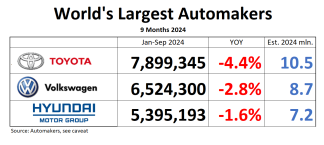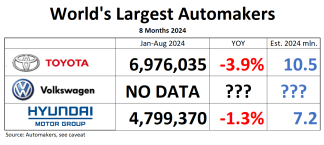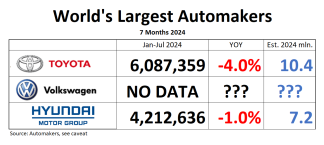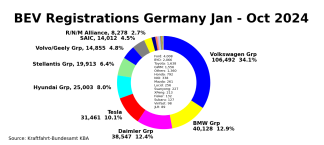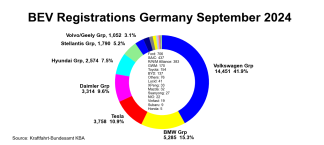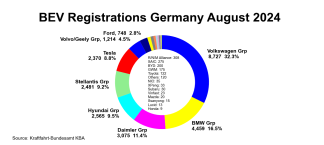The United State’s phony “car war” with China may be more political rhetoric than business reality, but Canadian labor union Unifor (successor to the Canadian Auto Workers) seems prepared to switch to live ammunition. Reuters reports that Unifor is threatening a strike on Johnson Controls Inc’s plant in Whitby, Ontario in hopes shutting down the GM Oshawa plant it supplies. Unifor thinks that by hurting GM at Oshawa it will leverage pressure on JCI to change its plans to shut down the Whitby interior plant. Unfortunately a peaceful resolution is unlikely. As Reuters reported last month, JCI is transferring its entire interior supply business to a joint venture with a subsidy of GM’s main Chinese partner SAIC. GM will not fight an SAIC-related merger on behalf of Unifor, and as a result Canada can look to Australia for hints at the future of its auto industry.
As I pointed out in a recent Bloomberg View post on this topic, this hollowing out of the supplier side of the car business shows that China is winning the “car war” by stealth. The real irony is that this is all happening while the Japanese automakers are increasingly looking to NAFTA production as the solution to their problems.
Below the car-maker level, the U.S. auto-supplier system has already been largely hollowed out by Chinese competition. As the overall U.S. vehicle trade deficit has grown from $100 million in 2004 to $5.3 billion in 2013, the gap in auto-parts gap has also ballooned: from $3.2 billion in 2004 to $10.5 billion last year. The flow of Chinese parts to the U.S. has grown by 700 percent in the last decade. Truth be told, the vehicles we are shipping to China are likely made with so many Chinese-sourced parts, we shouldn’t call them exports so much as returns. Again, GM is a key player in this dynamic, with its longstanding pressure on suppliers to match the “China cost” killing some makers and possibly lowering the quality (and safety) of some parts.

